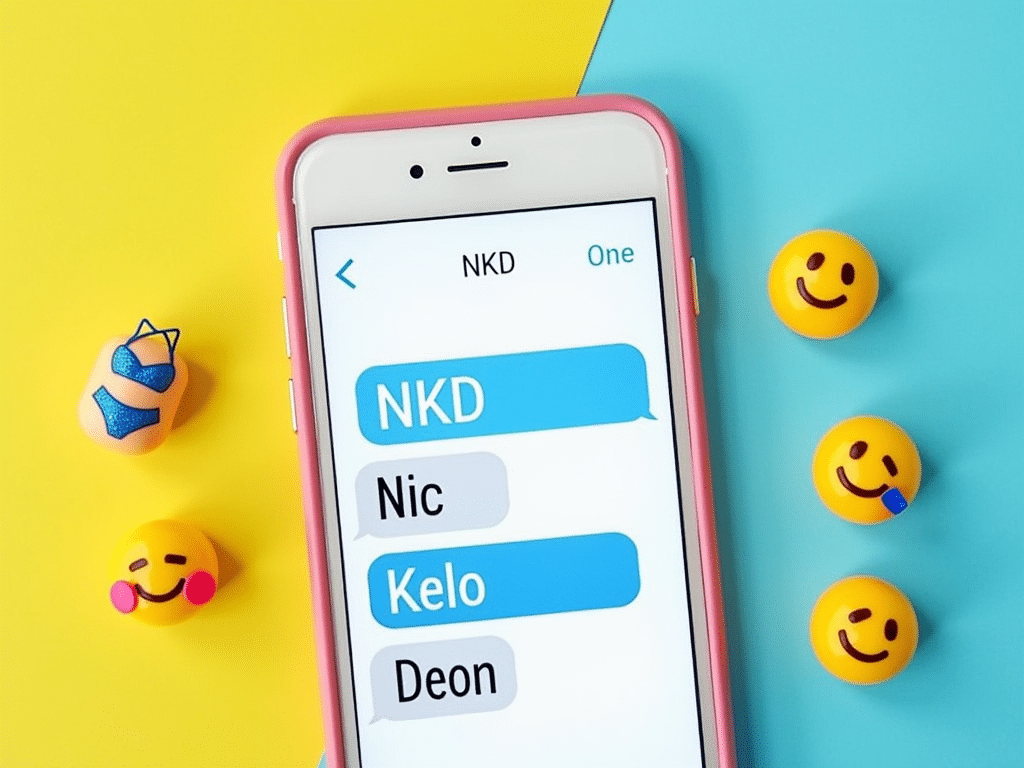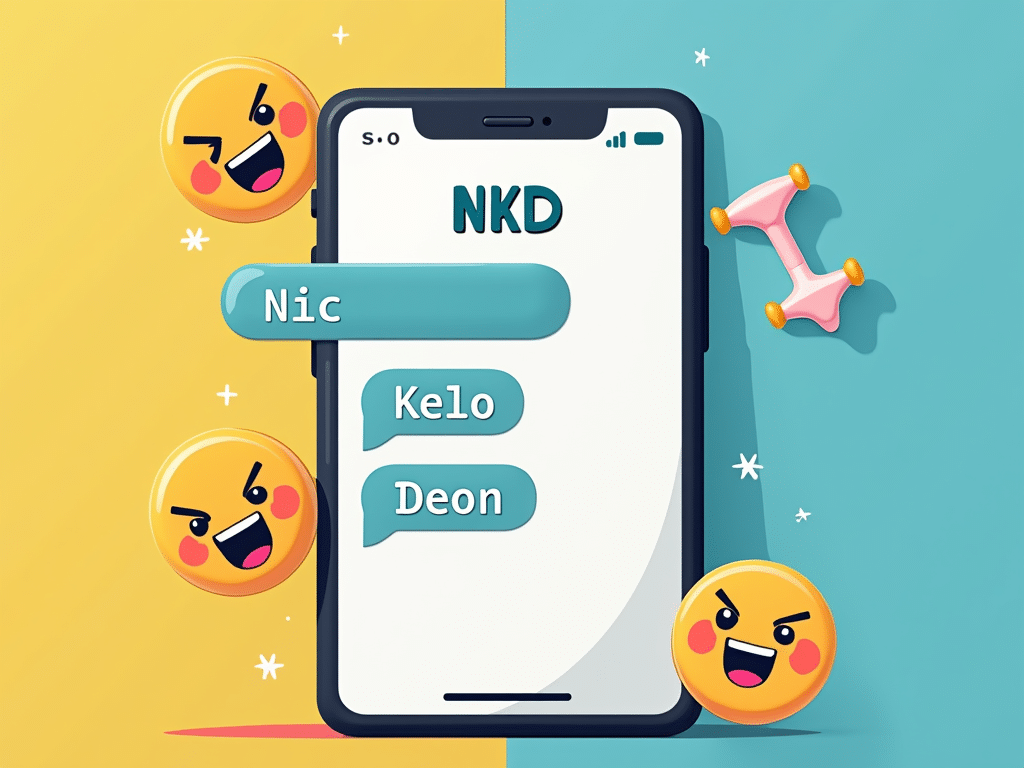Ever heard that Nic Kelo Deon means “I don’t care about God” in Latin? If you’ve been on social media lately, you might have come across this wild claim about Nickelodeon’s name. But hold onto your slime buckets, folks, because we’re about to dive into the truth behind this viral rumor and uncover the real story of how Nickelodeon got its name.
| Claim | Reality | Origin |
|---|---|---|
| “Nic Kelo Deon” means “I don’t care about God” in Latin | False | Misuse of Google Translate |
| Nickelodeon has hidden anti-religious meaning | Debunked | Internet rumor |
| True origin of “Nickelodeon” | From “nickel” + Greek “odeion” (theater) | Early 20th century entertainment |

The Viral Claim: Nickelodeon’s Secret Latin Message?
So, here’s the deal. Some folks on the internet started claiming that if you break down Nickelodeon into “Nic Kelo Deon” and plug it into Google Translate from Latin to English, you get “I don’t care about God.” Pretty shocking, right? This rumor spread faster than you can say “SpongeBob SquarePants,” leaving many people shook.
But here’s the thing: this claim is about as real as the Krabby Patty secret formula. Let’s break it down.
Debunking the Myth: Lost in (Google) Translation
First off, “Nic Kelo Deon” isn’t even proper Latin. It’s just Nickelodeon broken up in a weird way. When you put random words into Google Translate, especially in languages it’s not great at (like Latin), you can get some pretty wacky results.
Here’s what actually happens:
- “Nic” in Latin can mean “not”
- “Kelo” isn’t a Latin word at all
- “Deon” in Greek (not Latin) is related to “God”
So, Google Translate just mashed these bits together and came up with nonsense. It’s like trying to make a sentence by randomly picking words out of a hat – sometimes you might get something that sounds meaningful, but it’s just coincidence.
The Real Deal: Nickelodeon’s True Origins
Alright, so if Nickelodeon doesn’t have a secret anti-religious message, where did the name actually come from? Buckle up, because we’re taking a trip back in time!
The word “Nickelodeon” goes way back before the TV channel you know and love. Here’s the scoop:
- Nickel: Yep, the coin. Back in the early 1900s, a nickel could buy you a lot more than it can today.
- Odeon: This comes from the Greek word “ᾠδεῖον” (odeion), which means “theater.”
Put them together, and you get “Nickelodeon” – literally, a theater you could get into for a nickel. These were super popular in the early 20th century. They were small, simple theaters where people could watch short films and vaudeville acts for cheap.
When the TV channel came along in 1977, they borrowed this cool, old-timey name to give a fun, nostalgic vibe to their kids’ programming.
Nickelodeon: From Theaters to TV Screens
So how did we get from tiny theaters to slime and cartoon sponges? Here’s a quick timeline:
- 1905: The first “Nickelodeon” theater opens in Pittsburgh
- 1950s: The word starts to be used for jukeboxes (remember those?)
- 1977: Nickelodeon launches as a cable TV channel
- 1980s-90s: The channel becomes hugely popular with shows like “You Can’t Do That on Television” and “Rugrats”
It’s pretty cool how a name that started with cheap entertainment for the masses turned into one of the biggest names in kids’ TV, right?
Remember, just because something sounds believable online doesn’t mean it’s true. Always check your facts, and don’t let false rumors leave you rekt. Stay curious, stay skeptical, and keep asking questions!
The Real Story Behind Nickelodeon’s Name
Now that we’ve debunked the Latin translation myth, let’s dive into the true origins of Nickelodeon’s name:
- Early Movie Theaters: The term “nickelodeon” originally referred to small, simple movie theaters in the early 1900s. These theaters charged a nickel (5 cents) for admission, hence the name.
- Etymology: “Nickelodeon” combines two words:
- “Nickel” – the 5-cent coin
- “Odeon” – from the Greek word “odeion,” meaning a roofed-over theater
- First Use: The name was first used in 1888 for Austin’s Nickelodeon, a dime museum in Boston. It became popular for movie theaters around 1905.
- Beyond Movies: The term later expanded to include:
- Jukeboxes operated by nickels
- Player pianos with added instruments
- TV Channel: In 1979, Nickelodeon launched as a cable TV channel for kids, taking its name from these early entertainment venues.
Nickelodeon’s Impact on Children’s TV
Nickelodeon revolutionized children’s programming:
- Respect for Kids: They viewed children as discerning viewers, not just passive consumers.
- Non-Violent Content: Bucked the trend of violence in kids’ shows.
- Original Programming: Created iconic shows like “Rugrats” and “SpongeBob SquarePants.”
- Diverse Content: Offered a mix of animation, live-action, and educational shows.
- Cultural Influence: Shaped the childhood of many 90s kids and beyond.
Remember, Nickelodeon’s story is about innovation in entertainment, not hidden messages. It’s a reminder to always fact-check before believing viral claims online!







